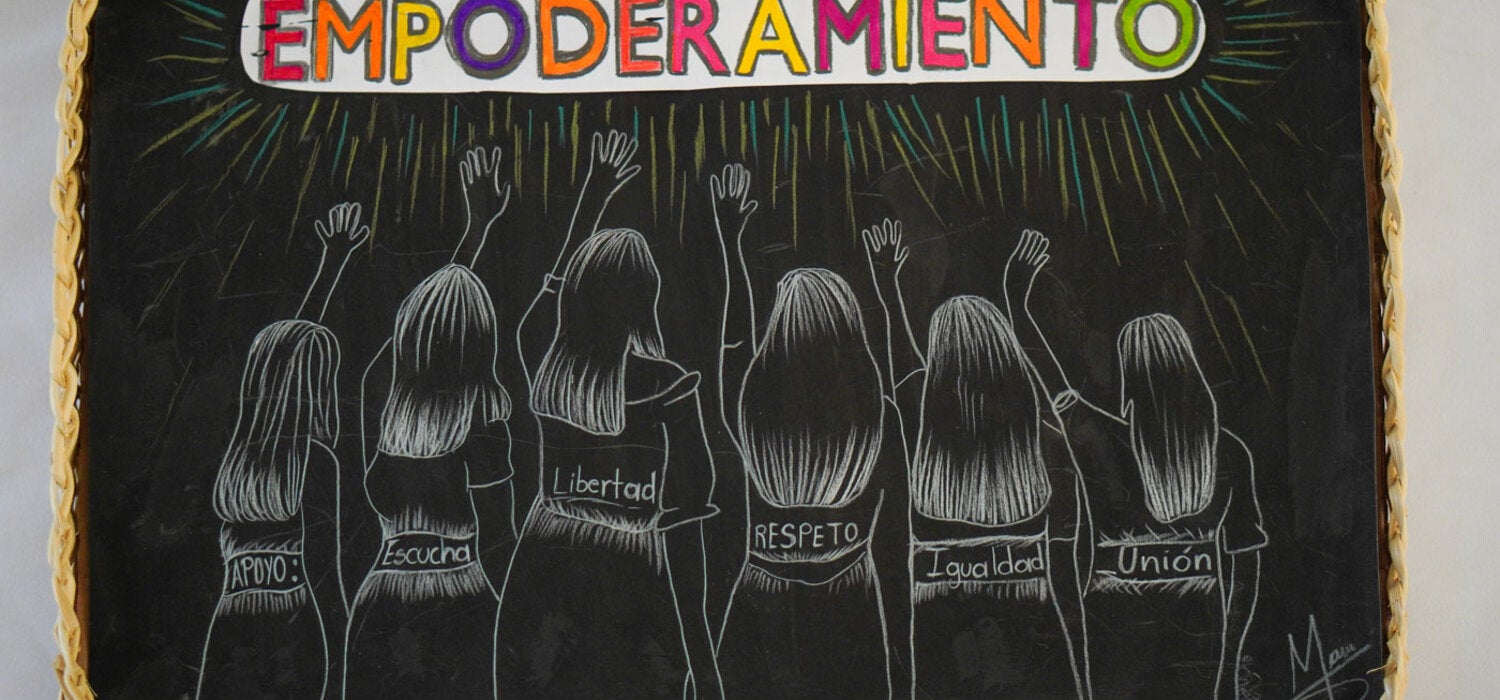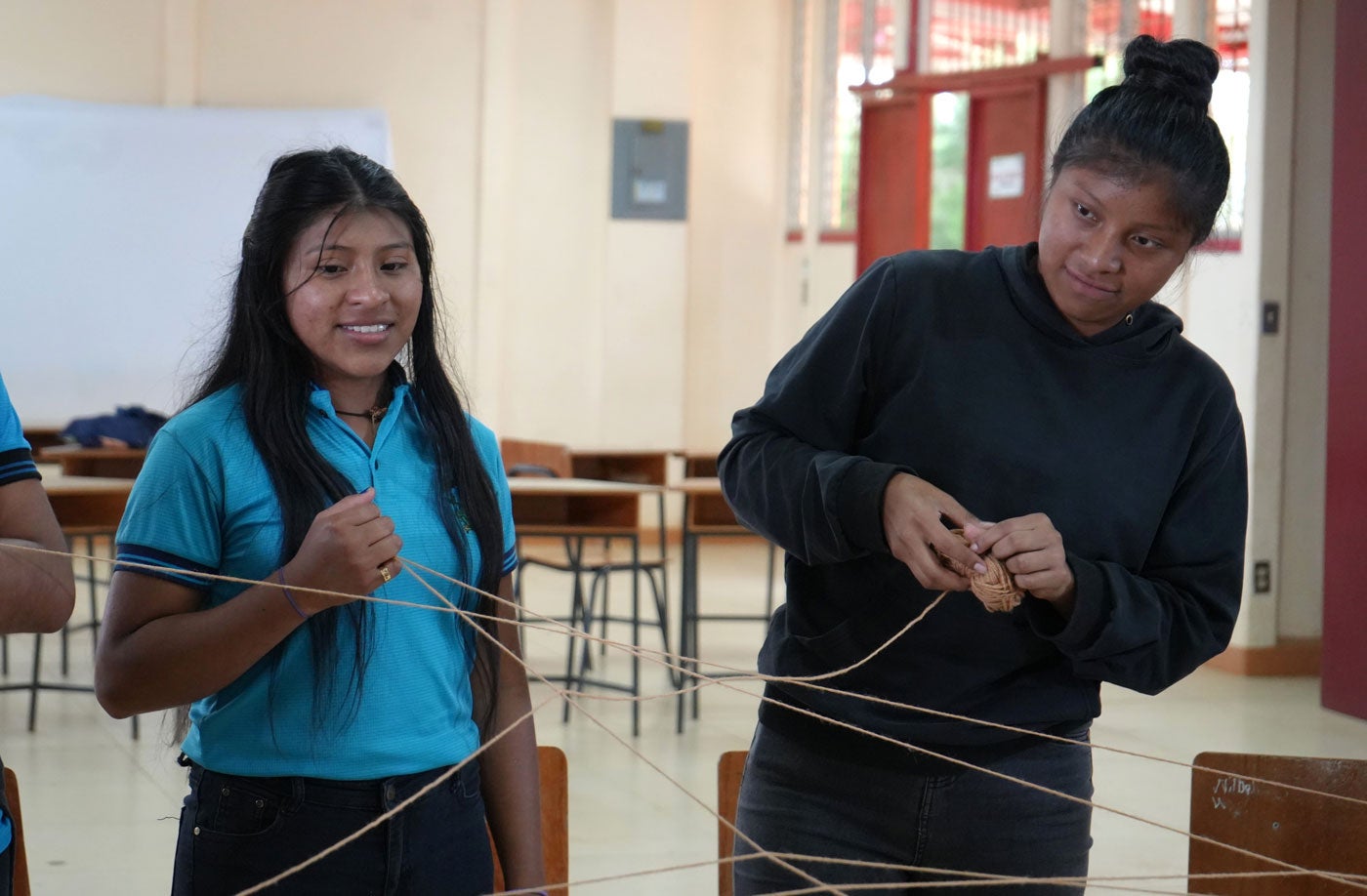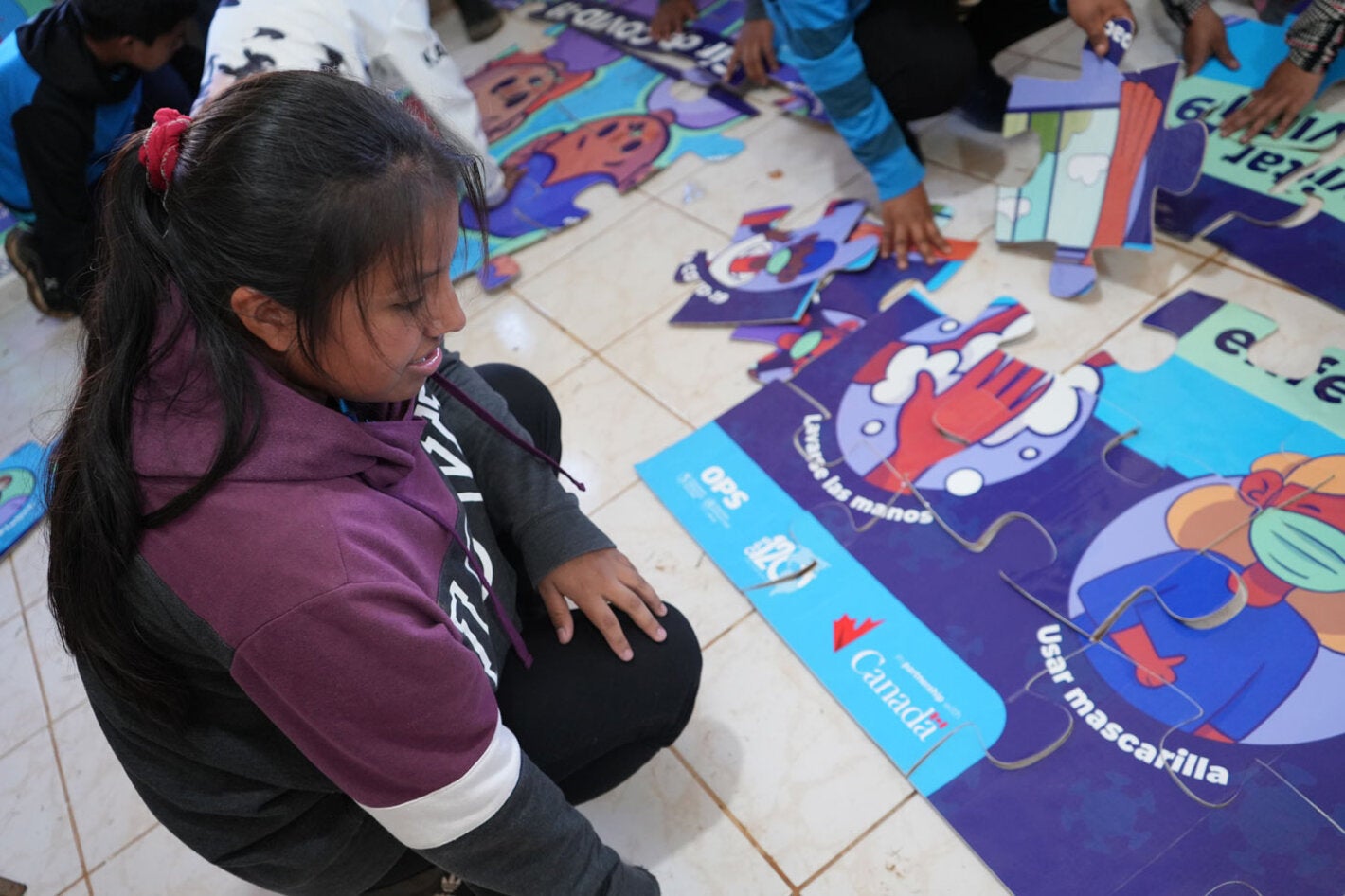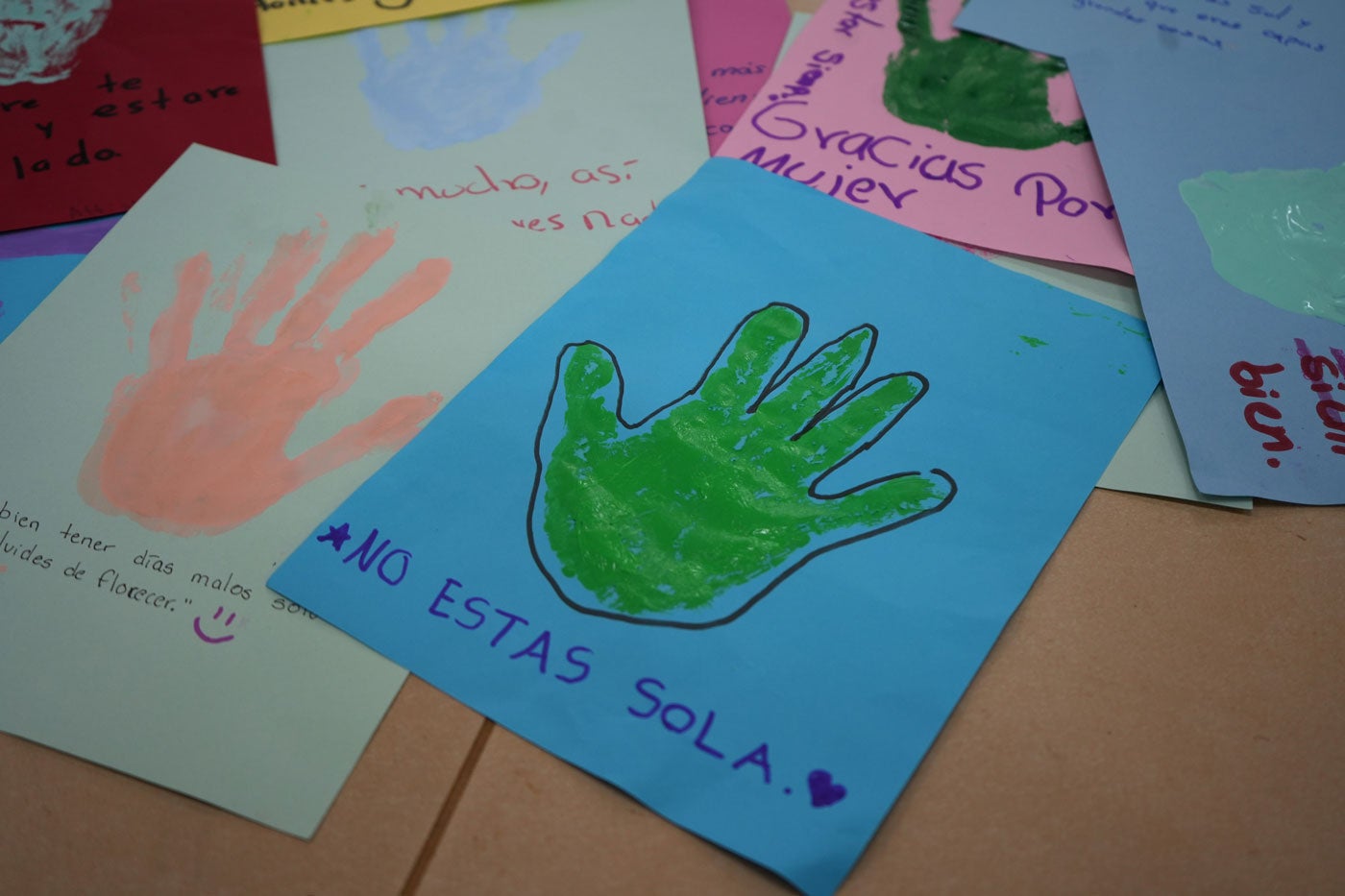"Being an empowered woman means having confidence, strength, and the desire to succeed," explains Ericka, an Indigenous adolescent from the rural Kabebata High School in Alto Quetzal, a community located in a mountainous area four hours from the Costa Rican capital. In this region, where the Cabécar culture predominates – one of the eight Indigenous cultures in the country – Ericka, her classmate Crystel, and Cindy, the school's surveillance officer, agree that women have never been protagonists, and have instead been historically relegated to the role of supporting men.
— December 2024 —
"In the Cabécar culture, it was always believed that women cannot succeed. Men come first because they are the ones who work, and women have to look after them," explains Cindy, who, as a mother, has taught her daughters that this pattern "does not have to be this way."
Crystel, barely 19 years old, emphasizes that it's time to break down these barriers, to challenge machismo and violence against women: "Just because we live in an Indigenous area doesn't mean we have to follow the rules of the past. Women can succeed," she asserts.
This shift in mindset is not accidental. Ericka, Crystel, and Cindy are part of a group of over 150 women who have participated in the Support Networks for Indigenous Adolescent Women (Redes RIMA) project, an initiative developed in 2021 by Costa Rican Ministry of Health’s Technical Secretariat for Mental Health, in collaboration with the Pan American Health Organization (PAHO).




